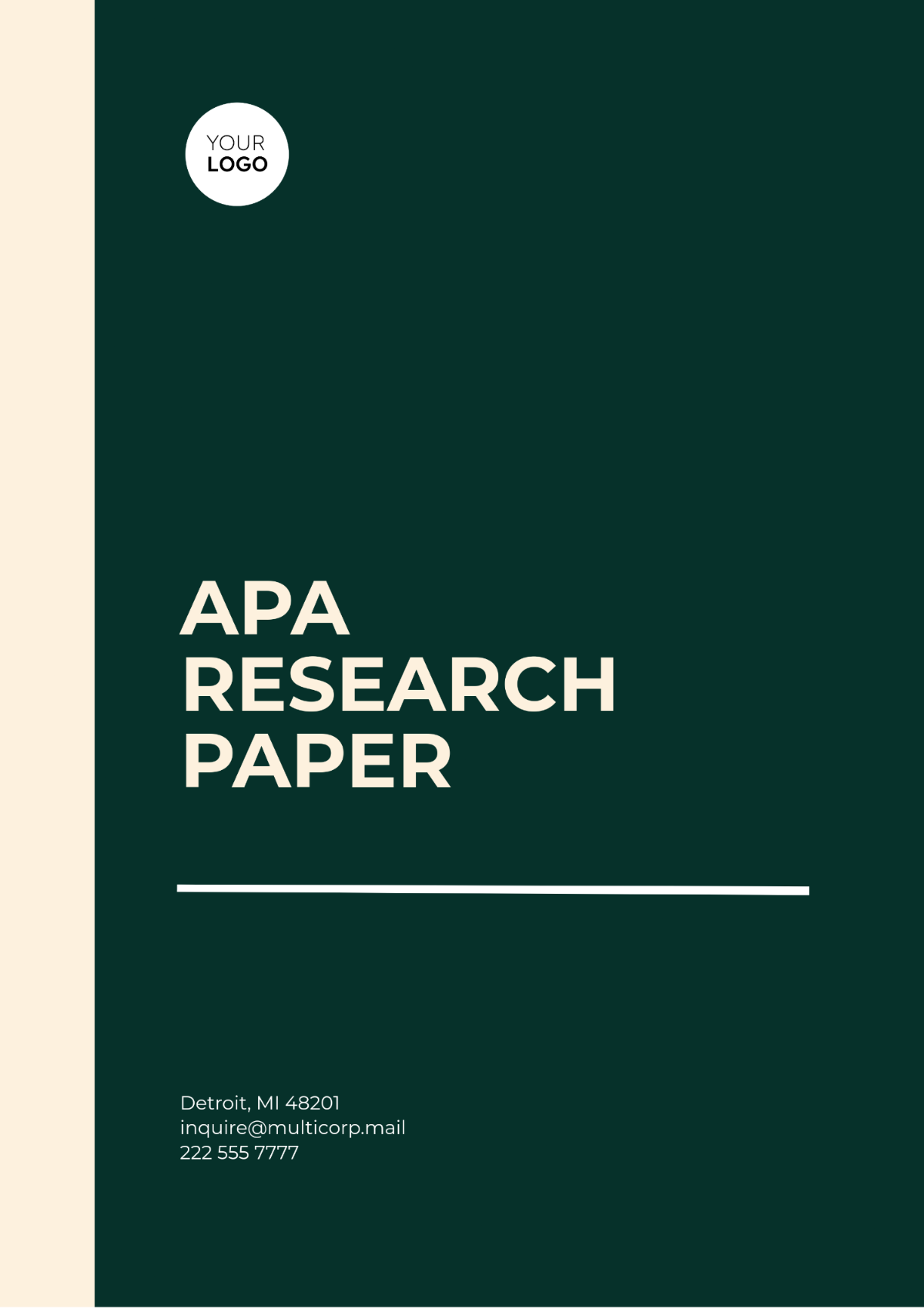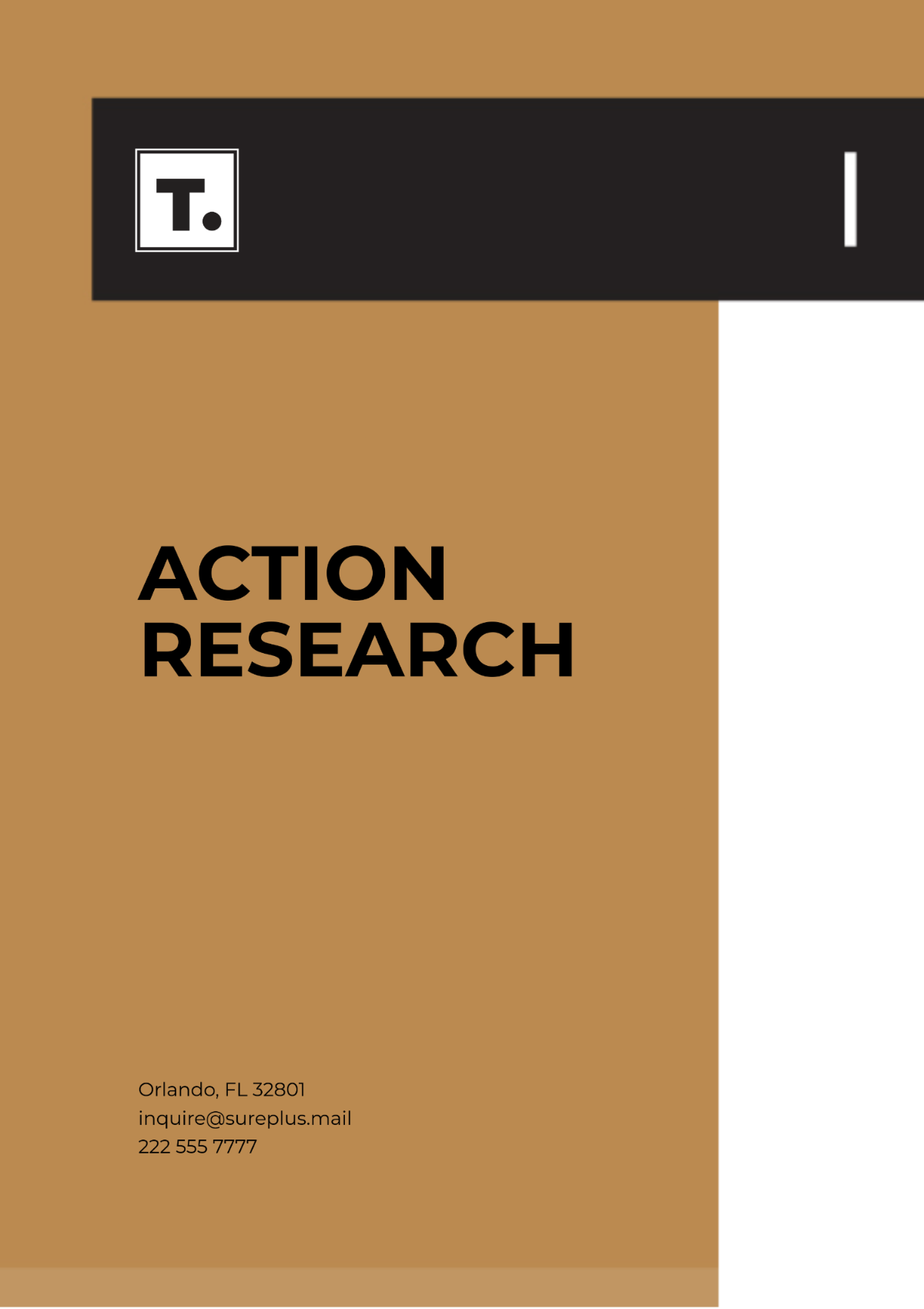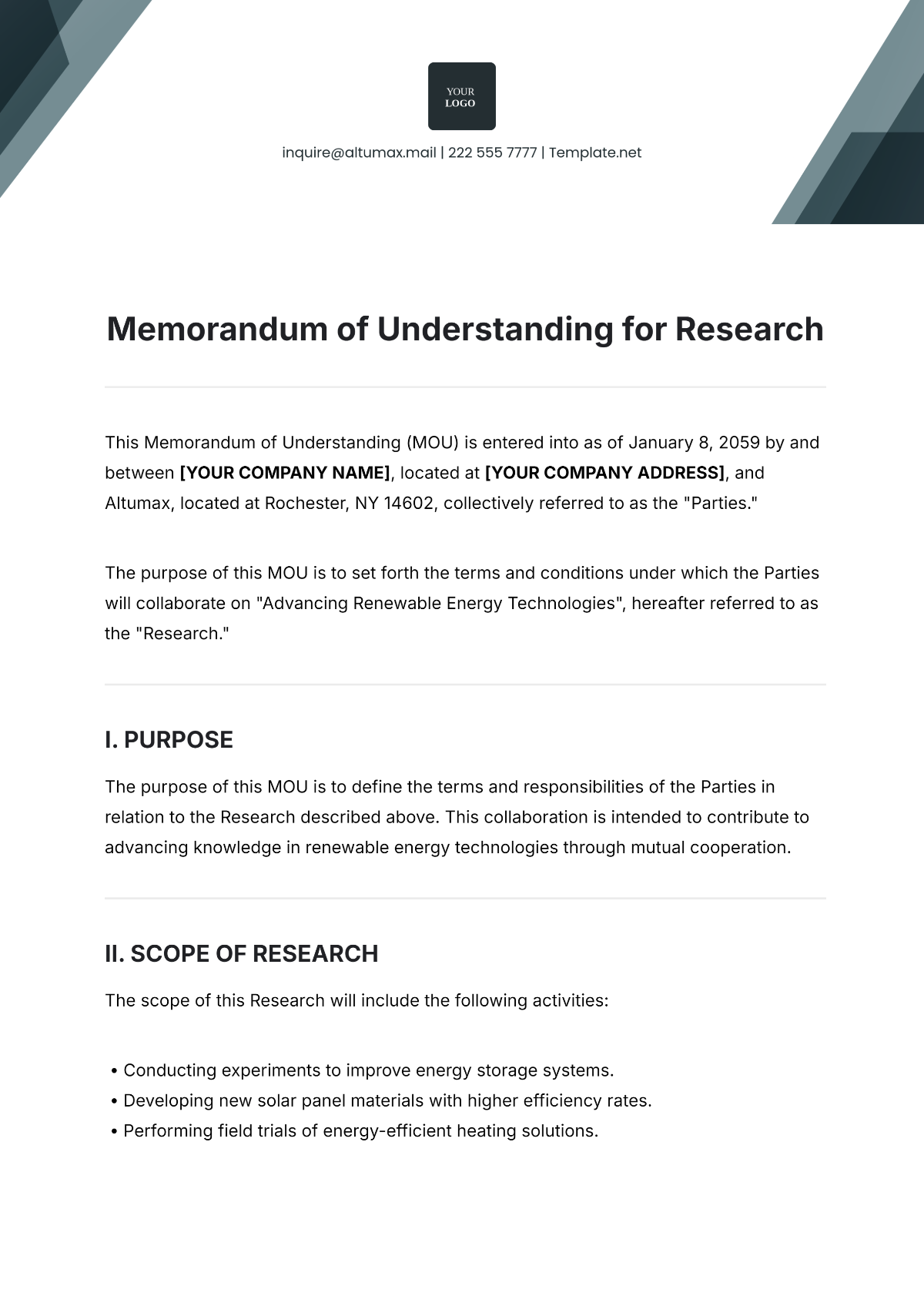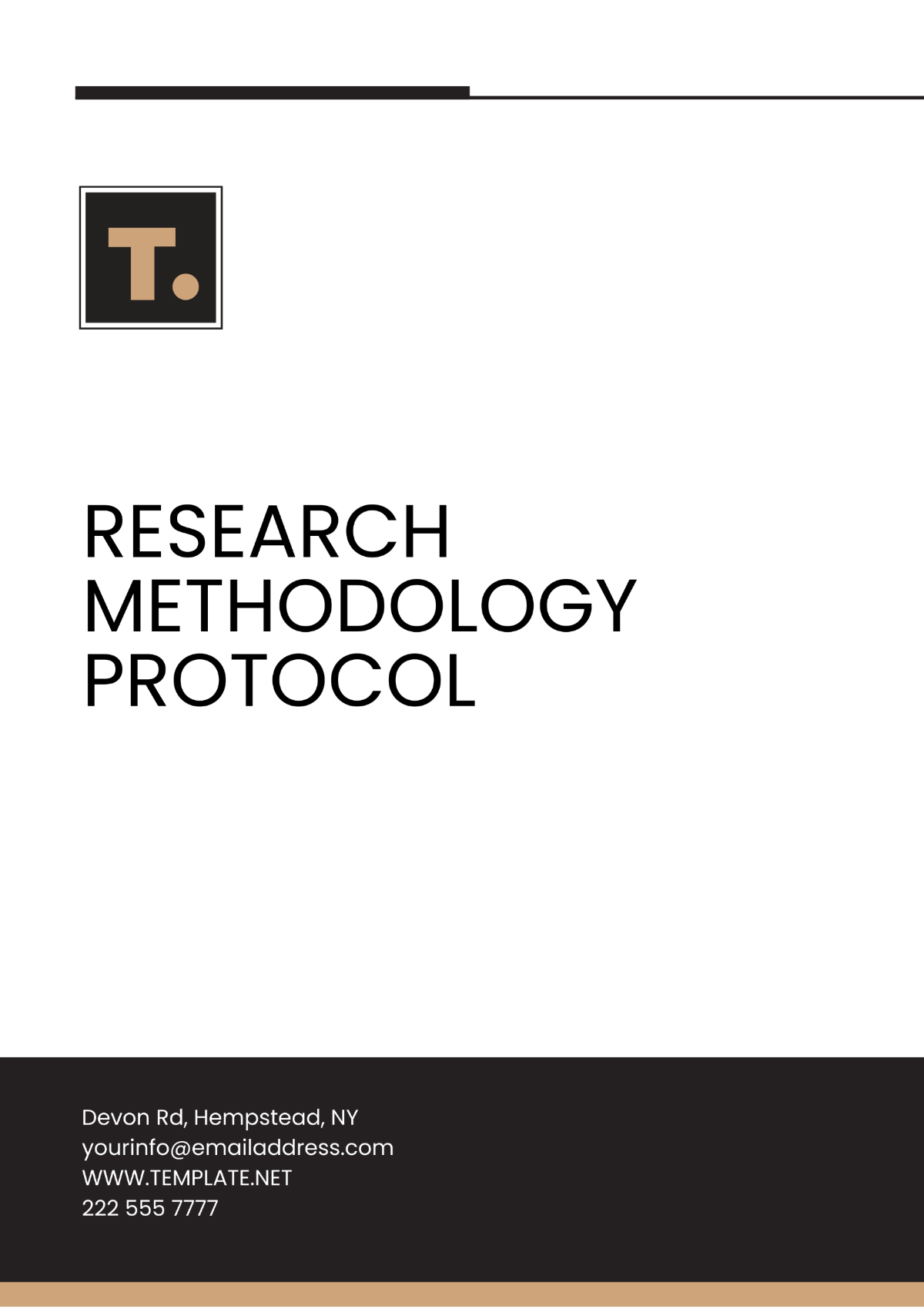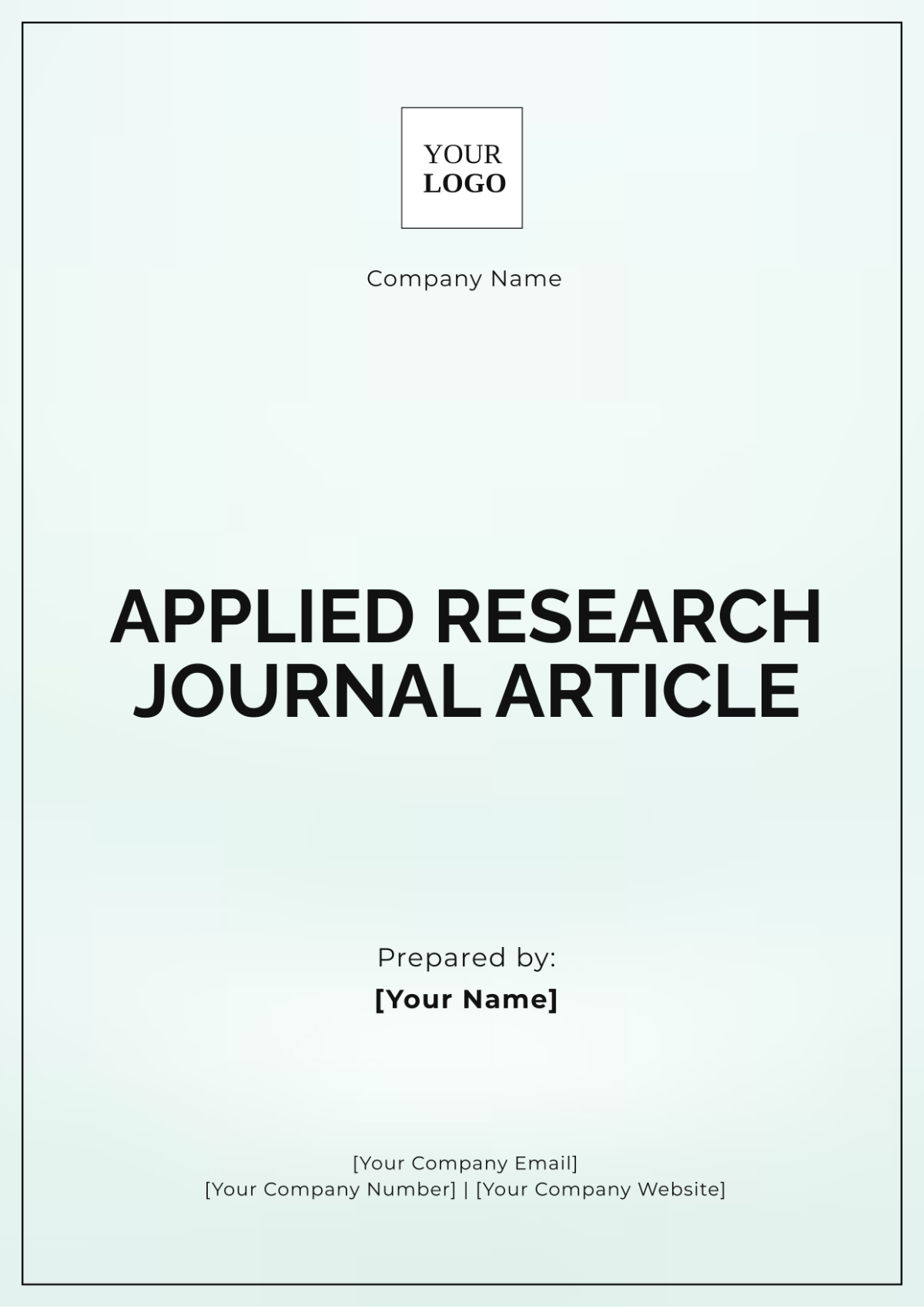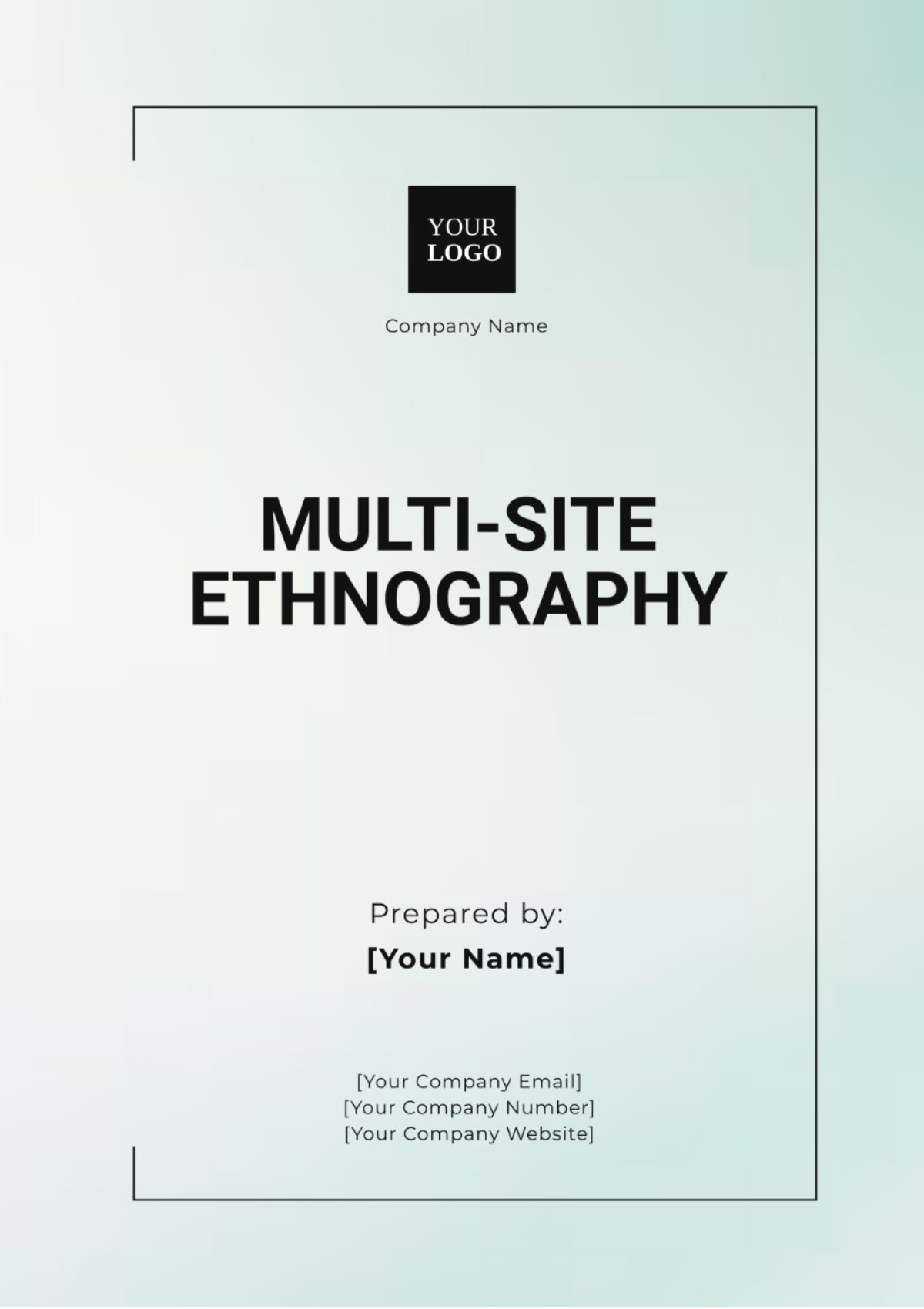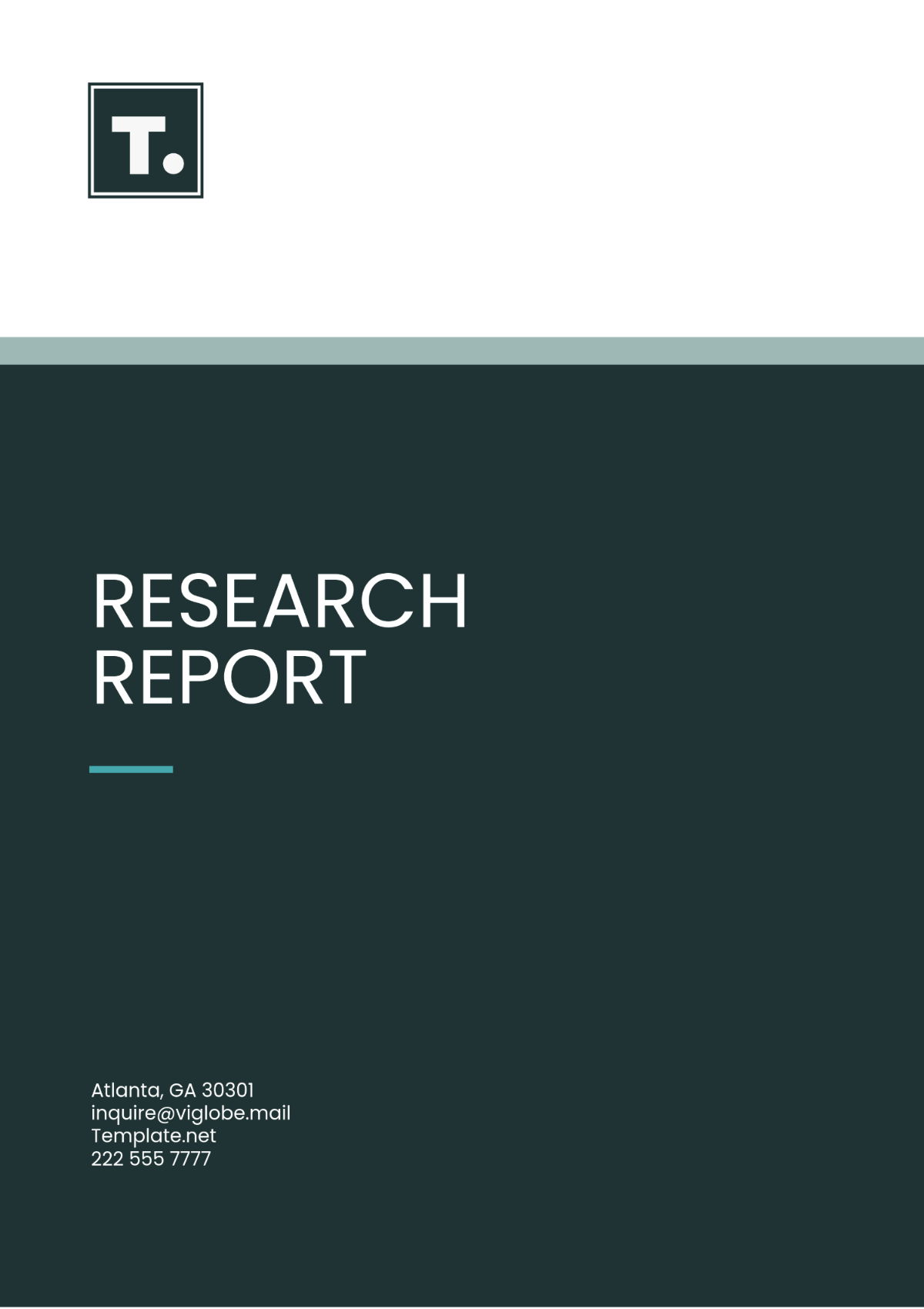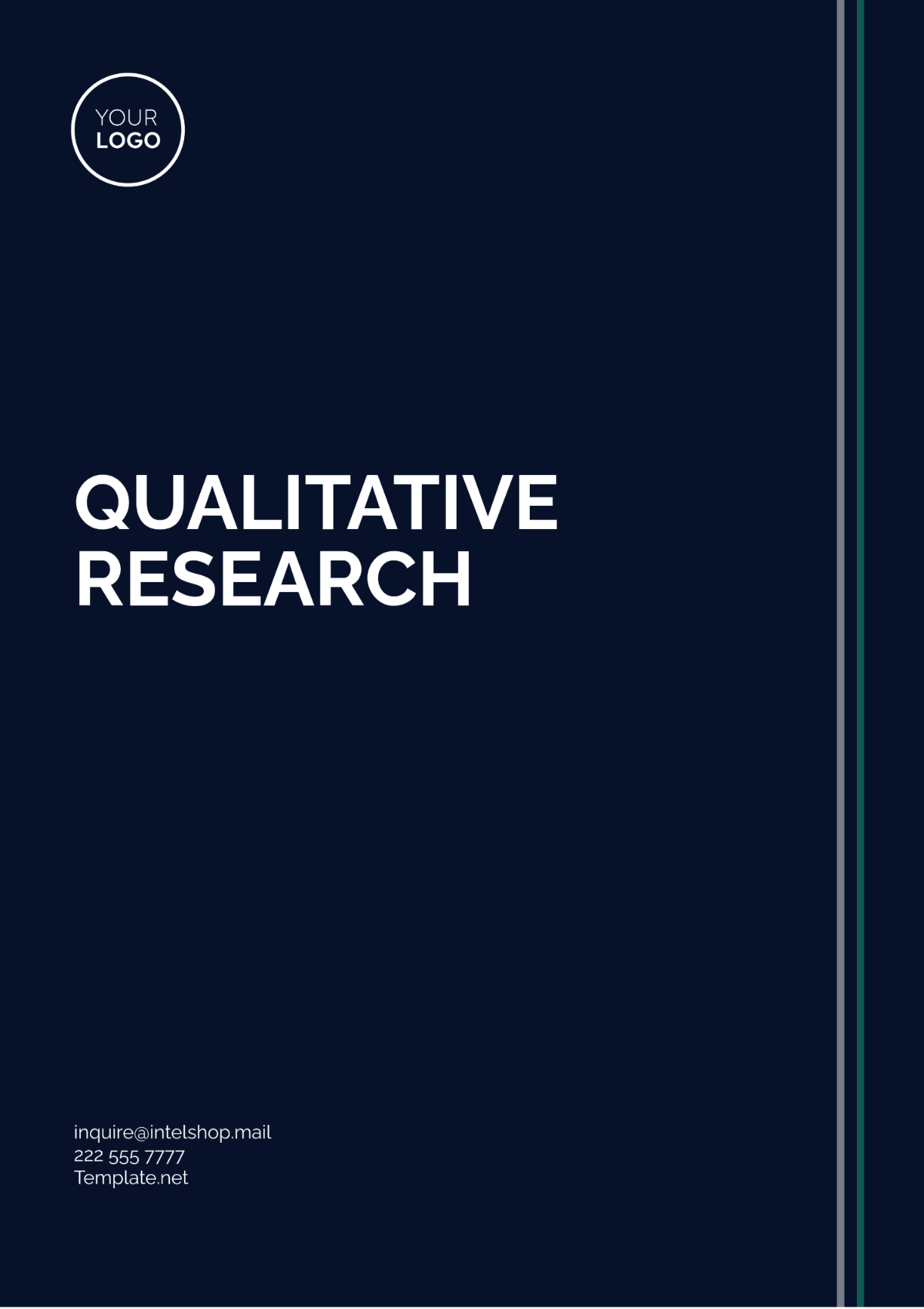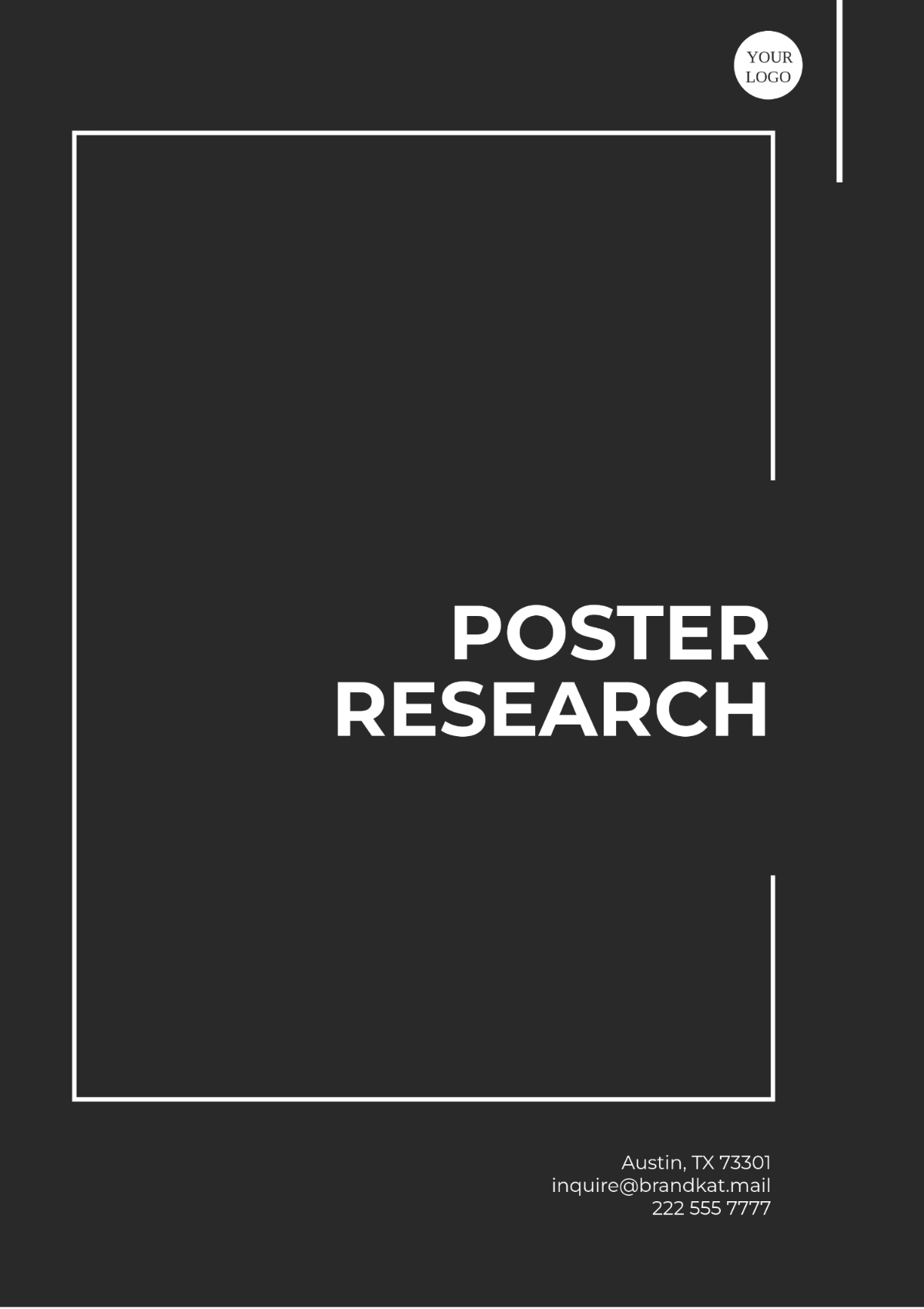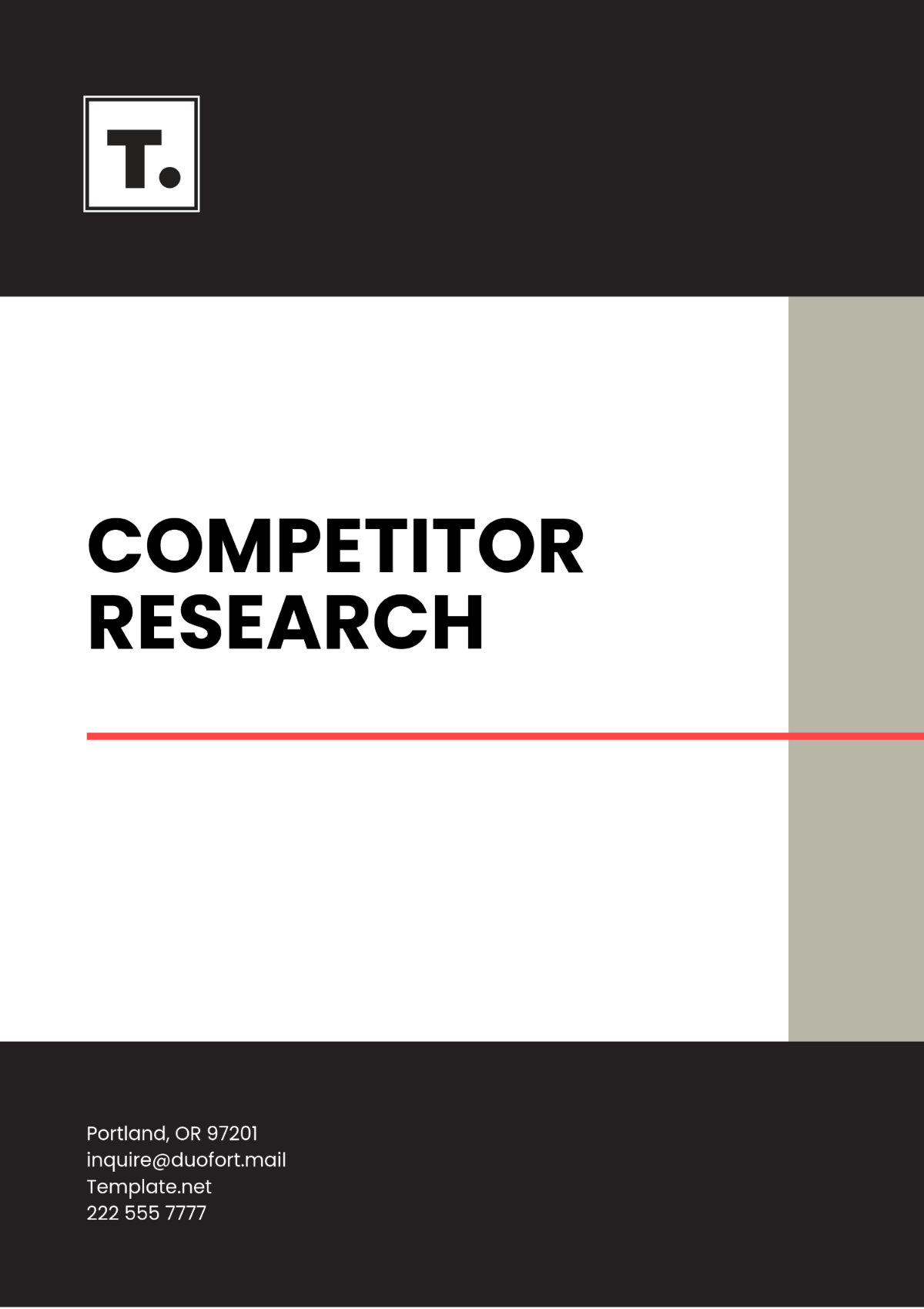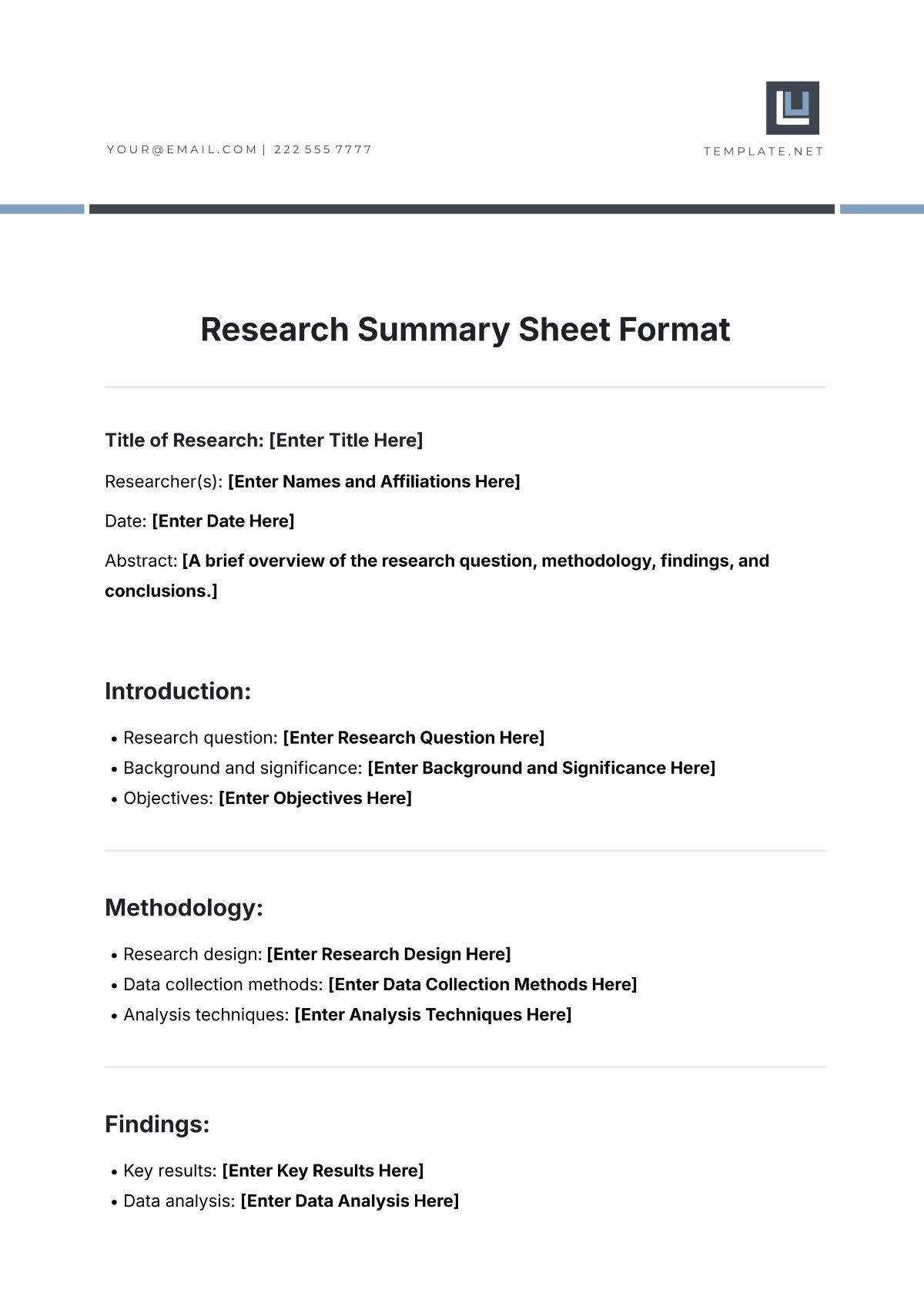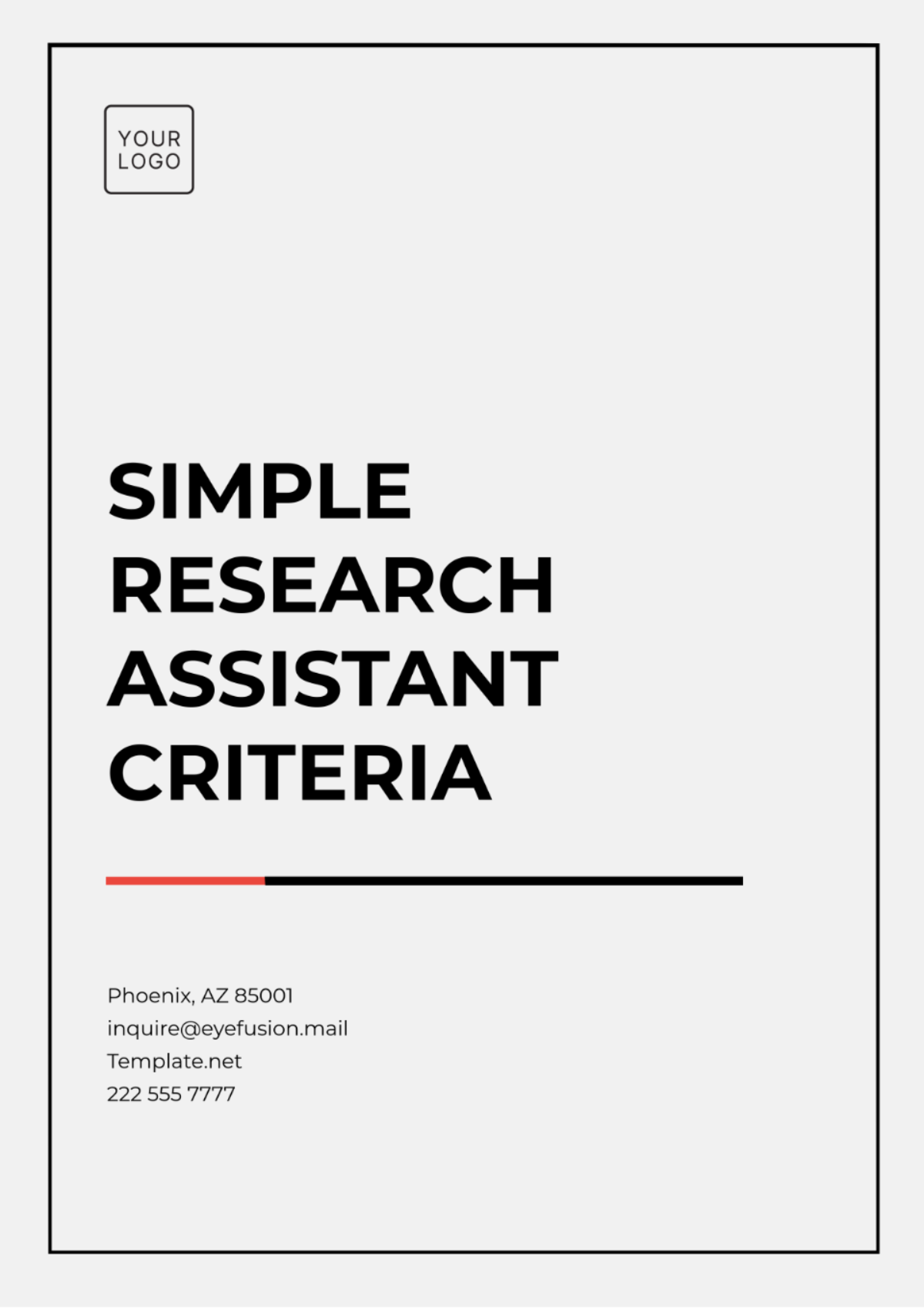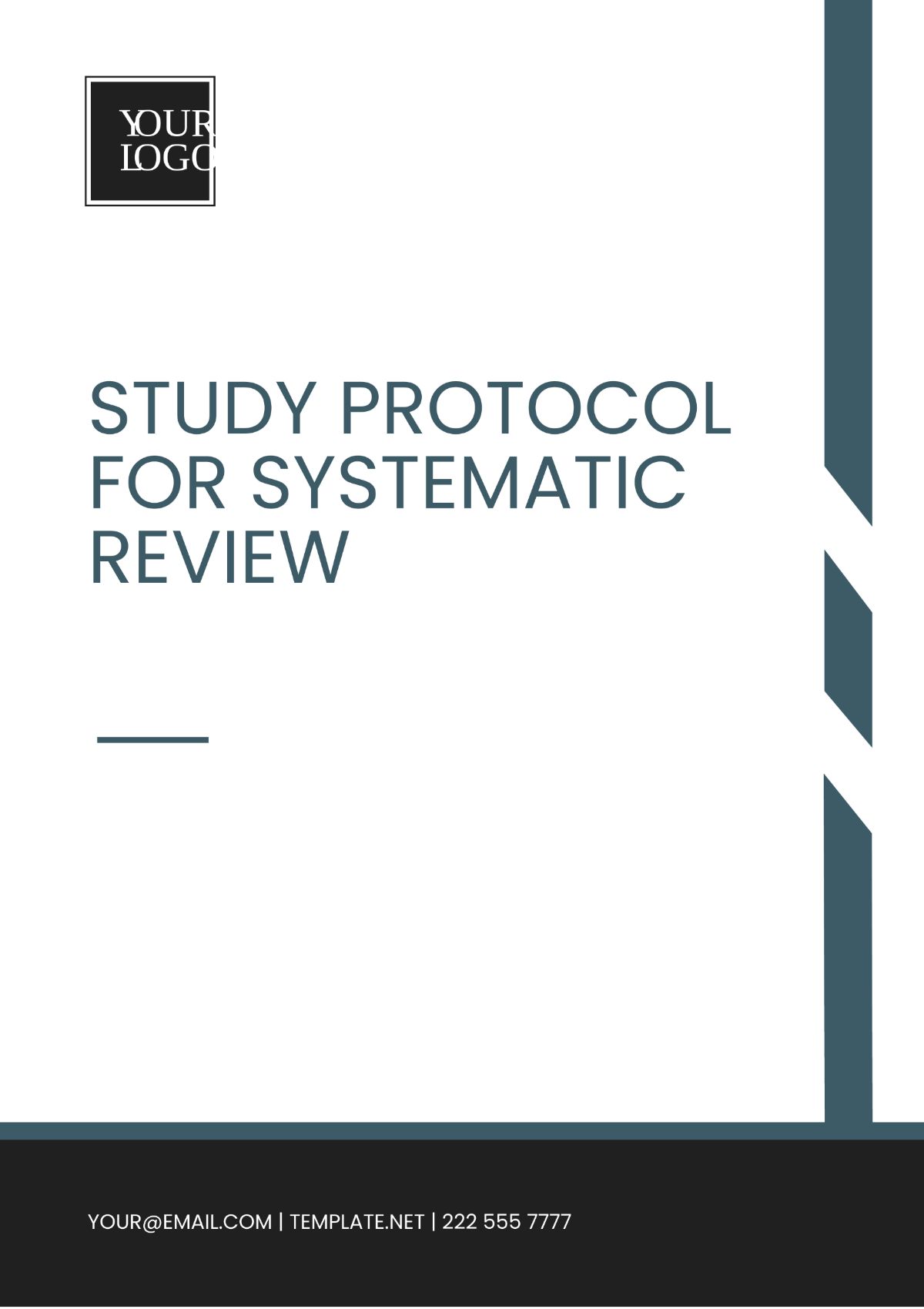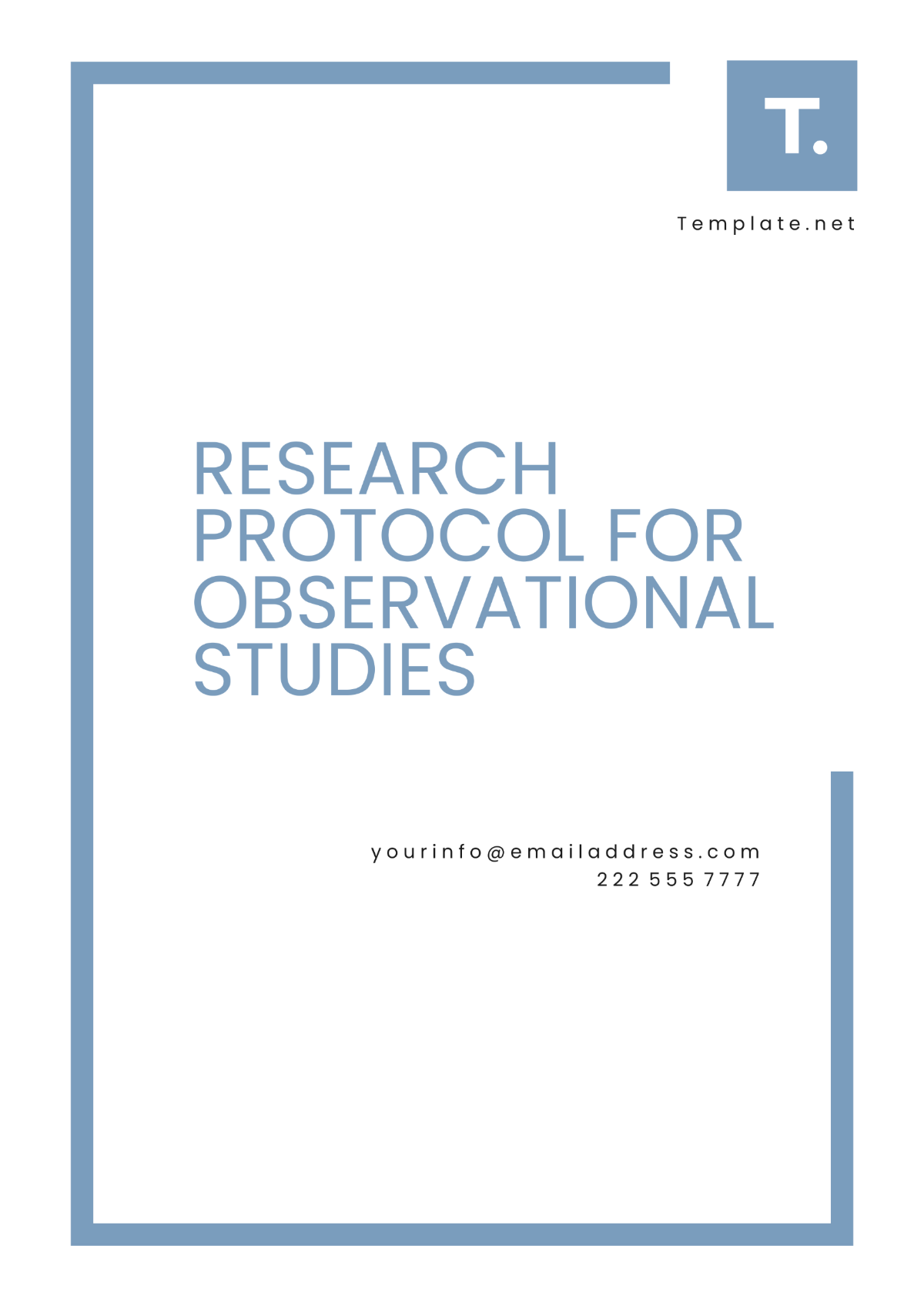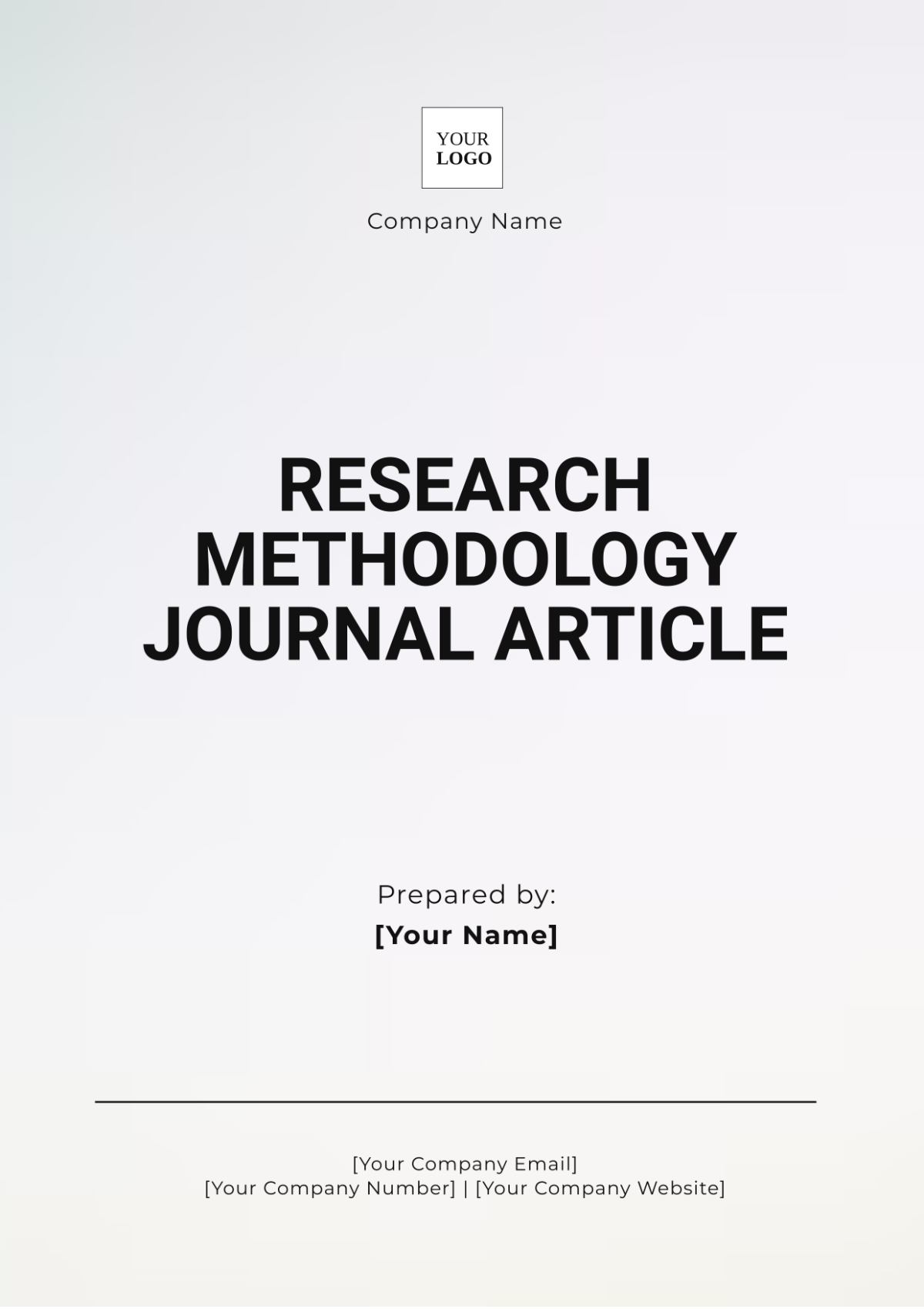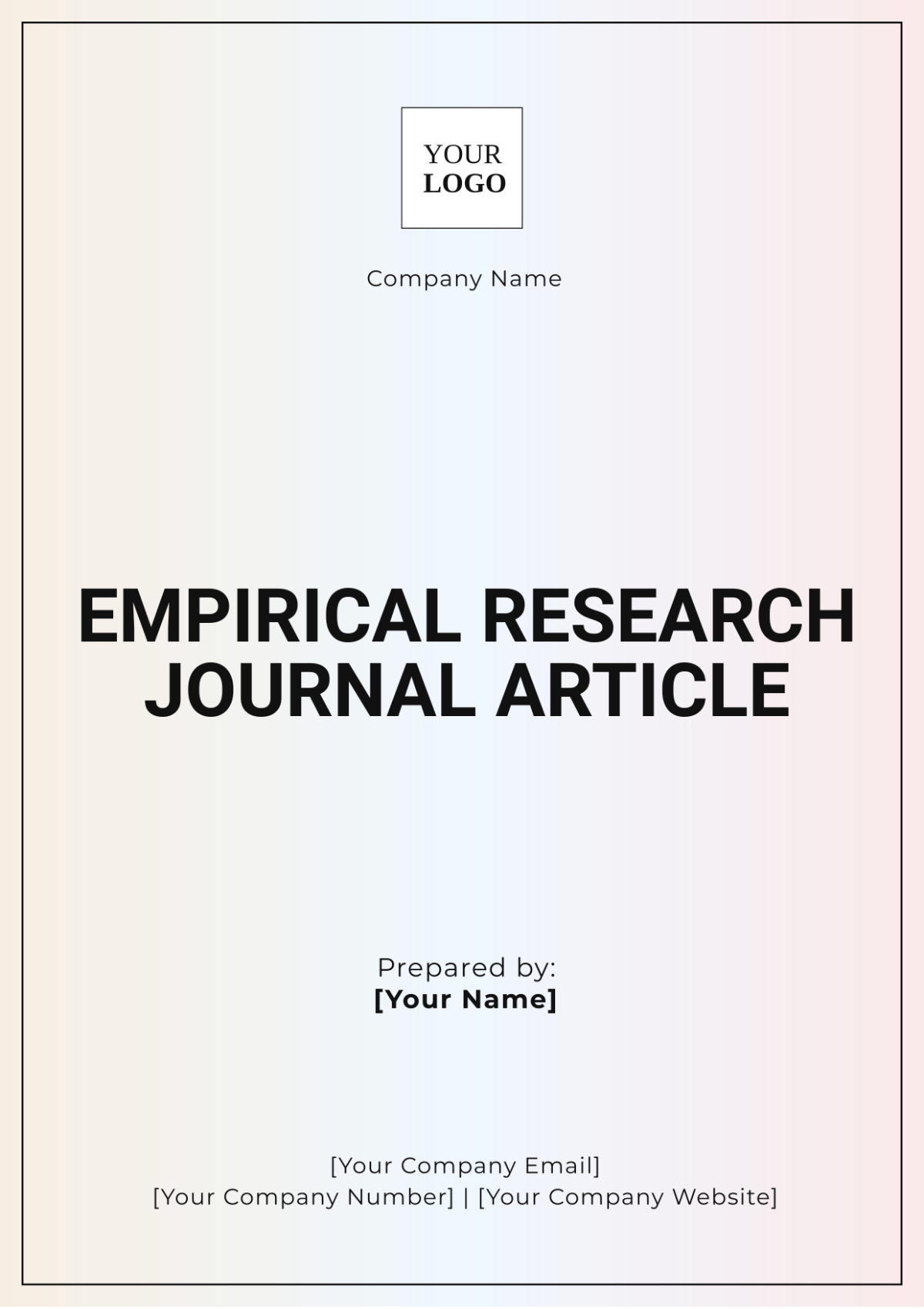Free Experiment Assisting Research Design Template
Experiment Assisting Research Design
Prepared by: [YOUR NAME]
Date: [DATE]
Experiment Assisting Research Design is a structured framework used to plan and document the methodology for conducting experiments. It outlines the steps, procedures, and variables involved in the research process to ensure systematic and valid results. This design helps in organizing the experimental method, defining objectives, and detailing how data will be collected and analyzed. This comprehensive guide will delve into the various aspects of Experiment Assisting Research Design.
I. Introduction
A research design aims to provide a roadmap for the entire research process. Experiment Assisting Research Design is especially crucial in experimental research, where the accuracy and reliability of results depend on a well-structured methodological approach.
II. Components of an Experiment Assisting Research Design
Objective Definition
Hypothesis Formulation
Variable Identification
Experimental Procedures
Data Collection Methods
Data Analysis Plan
III. Objective Definition
The first step in any research design is to articulate clear and specific objectives. Objectives guide the scope and direction of the research, aiding in the determination of the research question and hypothesis.
IV. Hypothesis Formulation and Variable Identification
A. Hypothesis Formulation
A hypothesis is a testable prediction that addresses the research question. It should be specific, measurable, and falsifiable. Formulating a strong hypothesis is essential for the validity of the experiment.
B. Variable Identification
Variables are the elements that are manipulated or measured in an experiment. They are classified into three types:
Independent Variables: Factors that are manipulated to observe their effect on dependent variables.
Dependent Variables: Factors that are measured to see the impact of independent variables.
Control Variables: Factors that are kept constant to ensure that the results are due to the independent variables.
V. Experimental Procedures and Data Collection Methods
A. Experimental Procedures
Detailed experimental procedures outline how the experiment will be conducted. This includes the materials used, the setup, the sequence of steps, and any specific techniques employed.
B. Data Collection Methods
Methods for collecting data must be carefully planned to ensure accuracy and reliability. These methods can include surveys, observations, measurements, or specialized instruments. The choice of method depends on the type of data needed.
VI. Data Analysis Plan
Once the data is collected, it must be analyzed to draw meaningful conclusions. Analyzing data involves statistical methods to test the hypothesis. The analysis plan should specify the statistical tools and techniques to be used.
A. Steps in Experiment Assisting Research Design
Define Research Objectives
Formulate Hypothesis
Identify Variables
Design Experimental Procedures
Choose Data Collection Methods
Plan Data Analysis Techniques
Document the Research Design
B. Example Table: Research Design Overview
Step | Description |
|---|---|
Objective Definition | Clearly defining what the research aims to achieve. |
Hypothesis Formulation | Creating a testable statement predicting the outcome. |
Variable Identification | Determining the independent, dependent, and control variables. |
Experimental Procedures | Detailing the steps and methods for experimenting. |
Data Collection Methods | Choosing how data will be gathered. |
Data Analysis Plan | Outlining how the data will be analyzed. |
VII. Conclusion
Experiment Assisting Research Design is a fundamental aspect of ensuring the validity and reliability of experimental research. By following a structured framework, researchers can systematically plan, execute, and analyze their experiments, leading to more credible and reproducible results.
VIII. References
APA: American Psychological Association. (2050). Publication Manual of the American Psychological Association (7th ed.). Washington, DC: Author.
MLA: Modern Language Association. (2051). MLA Handbook (8th ed.). New York, NY: Modern Language Association of America.
Smith, J. (2052). Research Design: A Framework for Conducting Research. Journal of Research Methodology, 12(3), 34-56.




